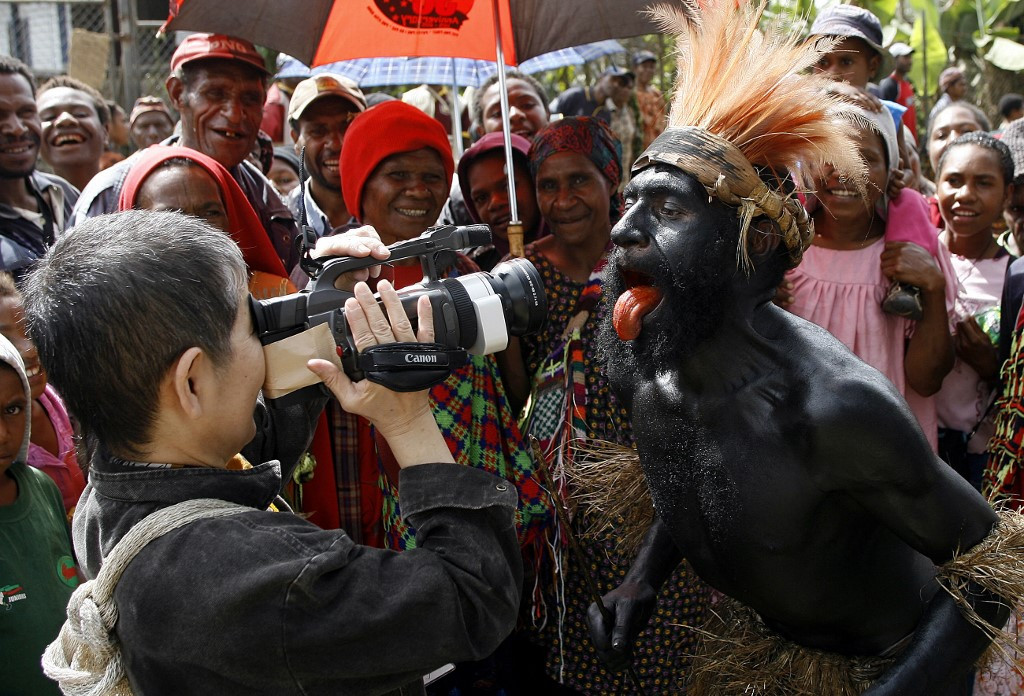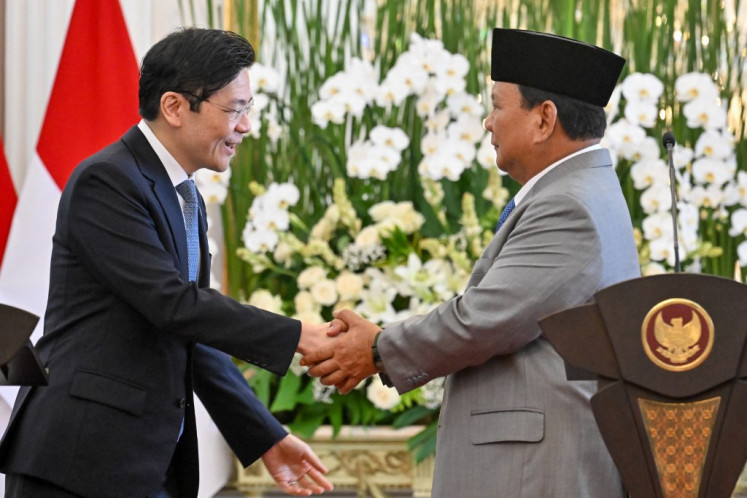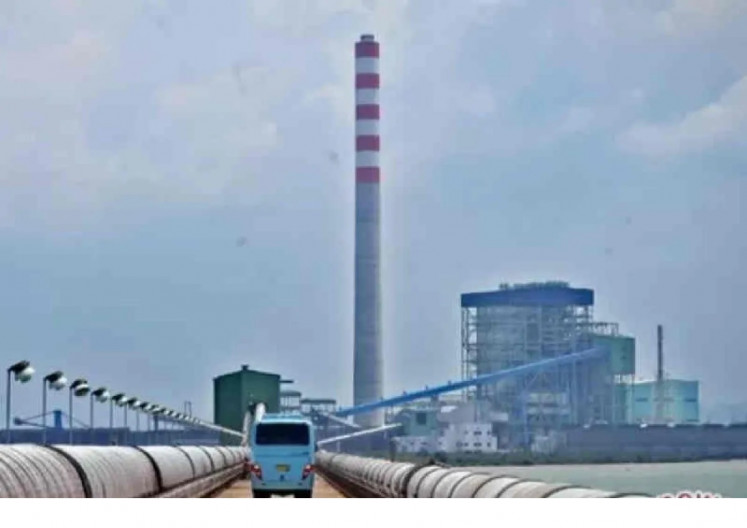Indonesia needs to be more open, not less, to foreign media
Current policy toward foreign journalists intending to work in this country, whether for a short visit or to reside in the country, has not been supportive of Indonesia’s own quest to play a more active role on a global stage.
Change text size
Gift Premium Articles
to Anyone

A
s long as we are celebrating National Press Day this week, we may want to turn some of our attention to foreign media, which has played an important role in reporting the development of Indonesia, including its evolution to becoming a middle power. As its international profile increases because of this rise, Indonesia needs to be more open, not less, to foreign media.
Unfortunately, current policy toward foreign journalists intending to work in this country, whether for a short visit or to reside in the country, has not been supportive of Indonesia’s own quest to play a more active role on a global stage. Many complained about the difficulties of securing the journalist visa and some intending to locate here have switched to Singapore, which welcomes them, even though they would rather be where all the action is, here in Indonesia.
The Foreign Ministry processes their visa and stay permit applications, but the final decision whether to grant the visa or stay permit is in the hands of a committee of more than a dozen government agencies. They include the military, the intelligence and the police, who are more concerned about the impact on national security with the presence of foreign journalists.
Whatever security concerns they have, they cannot outweigh the massive benefits Indonesia gets from the publicity foreign journalists give for Indonesia on the international stage. There are bound to be some bad apples, but the default policy should be to facilitate their visit and only take stern action against journalists with a hidden political agenda or taking a hostile attitude.
The current policy, with the many requirements they must fulfill, seems to harbor suspicion against everyone.
Yet, we have seen how a more open policy toward foreign media has benefited the country on many occasions, including last year when Indonesia held the Group of 20 presidency.
Indonesia and President Joko “Jokowi” Widodo won accolades globally for pulling off the impossible in hosting the G20 Summit in November 2022 in Bali and coming out with a joint declaration, despite deep divisions within the group over the Russian-Ukrainian war.
But that facility was granted strictly for those reporting on the G20. A journalist intending to report the 20th commemoration of the Bali bombing last year struggled to get her visa. A European journalist in Singapore hoping to reside in Indonesia gave up after more than two years of trying.
As Indonesia rises to become a middle power, for some reason, securing visas for foreign journalists has become more difficult compared with the beginning of the millennium at the start of the democratic reforms.
Indonesia quickly learned the benefits of the foreign press which were reporting about its transition from authoritarianism to democracy. Thanks to their work, Indonesia received massive assistance in developing and improving democracy and human rights, as well as in environmental conservation and eradicating poverty efforts.
The best moment came after the deadly earthquake and tsunami in Aceh in 2004, which killed more than 200,000 people. The government waived the visa requirement for journalists intending to report the disaster. Within a day or two, many came from all corners of the world and their reporting moved the whole world. Besides the massive humanitarian assistance from governments and large organizations, there were donations from individuals including children around the world touched by the human tragedy reported by journalists uninhibited by government restrictions.
You cannot find a more compelling example than this in championing for press freedom, in Indonesia or anywhere in the world.
If the government is concerned about foreign journalists reporting on Papua, they have not learned the hard lessons of Indonesia’s military occupation of East Timor (now independent Timor Leste).
Both the government and the rebel group were locked in propaganda war, each side putting out lies and disinformation. But the government’s decision in the 1990s to impose a news blackout and barred foreign journalists from visiting the territory only gave more credibility to the information and lies that the rebels were putting out. Indonesia virtually handed over victory on a silver plate to the rebels. When you lose the propaganda war, it becomes even harder to win the war on the ground. Sure enough, Indonesia lost East Timor in 1999 after a self-determination vote.
Today Papua is also off-limits to foreign journalists. The government would deny this, but the conditions imposed are such that it is almost impossible for foreign journalists, even those based in Jakarta, to visit the territory. Some of the horror stories committed by both the rebels and government forces are still emerging out of Papua. But thanks to government censorship, which at one time included shutting down the internet, the perception out there is that things are worse than the reality on the ground. If the government is not careful, Indonesia would soon lose the propaganda war.
Unless Indonesia really has something to hide, the best policy for the government is to let foreign journalists visit Papua and report the facts as they are. Whatever security risks the military, police and intelligence claim about the presence of foreign journalists, there is no worse threat to national security than losing the propaganda war, as East Timor has taught us.
If Indonesia wants to be recognized as a credible power intending to play a bigger role on the international stage, counting on the help of foreign media would go a long way. The current policy with many restrictions only shows Indonesia’s lack of confidence with its own power.
-- The writer is a senior editor at The Jakarta Post.









